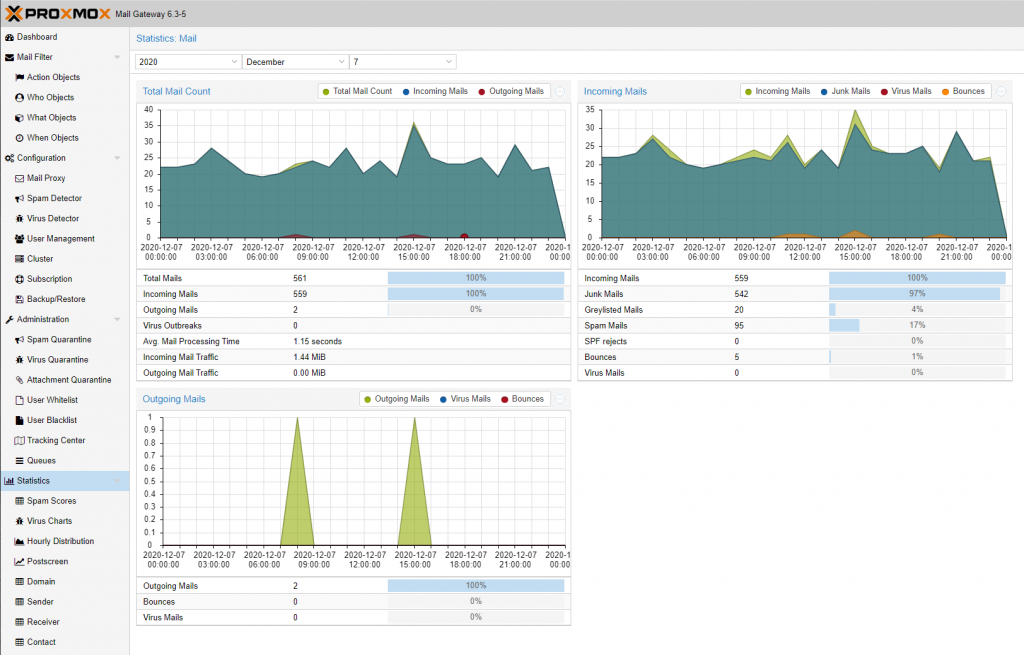I'd like to set up an homelab to practive devops techniques ansible, terraform, kubernetes, rancher ....
I have storage homeserver
- Hardware
- core i3 2100 ( 2 cores HT)
- 12GB RAM
- 8GB SLC usb eDOM
- 4x3Tb HDD
- 1 256GB nvme SSD on a passive pci-e extension
- 1x 10GB Mellanox Connectx2
- Sofware
- Proxmox 6 (on eusb dom)
- 4x3Tb in mdadm raid 5 /dev/md0
- bcache0 made of md0 and nvme ssd
- Thin volume group
- VG used as storage for proxmox
- LV few TB mounted on /storage
- NFS server exporting /storage/DATASTORE on homeserver.
- Powers a few LXC with 'selfhosted' food ( nextcloud/bitwarden...)
I have a pair of optiplex 7010 SFF
- Compute nodes
- 2x Optiplex 7010
core i7-3770
32GB ram
2.5 HDD
1x 10GB Mellanox Connectx2
- Software
- Proxmox 6 installed on 2.5 HDD
- Part of a 2 nodes cluster ( 2 optiplex)
- Qdevice located on a VM in storage node
- Connected to NFS storage exposed by Storage node
I'd like to make a 3 nodes cluster and store my vm on the NFS storage
When i'm 'playing devops' I can power up my nodes and have the full power of my cluster
When I'm not playing, I'd like to save some electricity and being able to mode a few VM on the storage node and power down my compute nodes.
Would it work ?
I presume I need to remove my qdevice ?
How should I configure the cluster to allow it to work with 1 node out of 3 available ?
I understand that my storage nodes is a spof, but this a homelab, there no big deal !
Bitwarden_rs Proxmox
Bitwarden, the open source password manager, makes it easy to generate and store unique passwords for any browser or device. Create your free account on the platform with end-to-end encryption and flexible integration options for you or your business. Bitwarden Vault Security. Since all of your data is fully encrypted before it ever leaves your device, only you have access to it. Not even the team at Bitwarden can read your data, even if we wanted to. Your data is sealed with end-to-end AES-256 bit encryption, salted hashing, and PBKDF2 SHA-256. Learn more about Bitwarden security.
Bitwarden is an awesome, cross platform, password manager and generator. With a free account you are able to sync your passwords between your computers regardless of the operating system they are running. On a mobile device? No worries! Bitwarden will also sync your password to that device as well. Overall it is a great little tool to keep your passwords organized and protected. After using it for about a year, the only I really do not like about it is its inability delete, or even view duplicate passwords. After reading through part of Reddit where users were suggesting that I block out a part of my day to import the passwords and secure notes to excel and manually delete passwords that way I decided that there had to be a better option…..
After 10 minutes of DuckDuckGoing (It will catch on just wait) I was able to create a python script that takes the exported Bitwarden Vault as a Comma Separated Values File (CSV) as an input and exports it to a new CSV with the duplicates removed.
Bitwarden Proxmox Ve
To run the code you will need to install python as well as the pandas plugin.

Steps:
1. Export from Bitwarden and Rename
- First we are going to export our Bitwarden Vault to a CSV. This can be done by opening Bitwarden and going to —> File —> Export Vault.
- Select.CSV when it asks for file format.
- Enter your password and download the file.
- Make a copy of the the exported .CSV file and name it to bitwarden.csv.
2. Download the Python Script and Configure Dependenices
The code for the duplicate finder is shown below:
3. Run the script!
- Simply run the script by navigating to the directory where you downloaded it and run
python duplicatefinder.py.
4. Re-Upload Bitwarden Vault
- After the script is run there should be a file called bitwarden_deduped.csv.
- Open up this CSV file in the editor of your choice and check to make sure your important logins, secure notes, etc are still present and not duplicated.
- If everything looks good it is time to re-upload.
- Navigate to your Bitwarden Webvault (typically, Bitwarden Web Vault).
- Verify one last time that all modfications made by the script are valid and that you are not missing any important passwords, secure notes, etc.
- Click Settings at the top of the screen and then scroll to the bottom.
- Select Purge Vault, within the “Danger Zone” area at the bottom of the page.
- Select Purge Vault
- Navigate to the top of the page and select “Tools”
- Select Import Data
- Select the CSV file type and upload bitwarden_deduped.csv
- Select Import Data
Congratulations!
All of your logins and notes should now be de-duplicated and should sync across your devices shortly! Hopefully this saves you some time so you can get back to doing what you do best!
